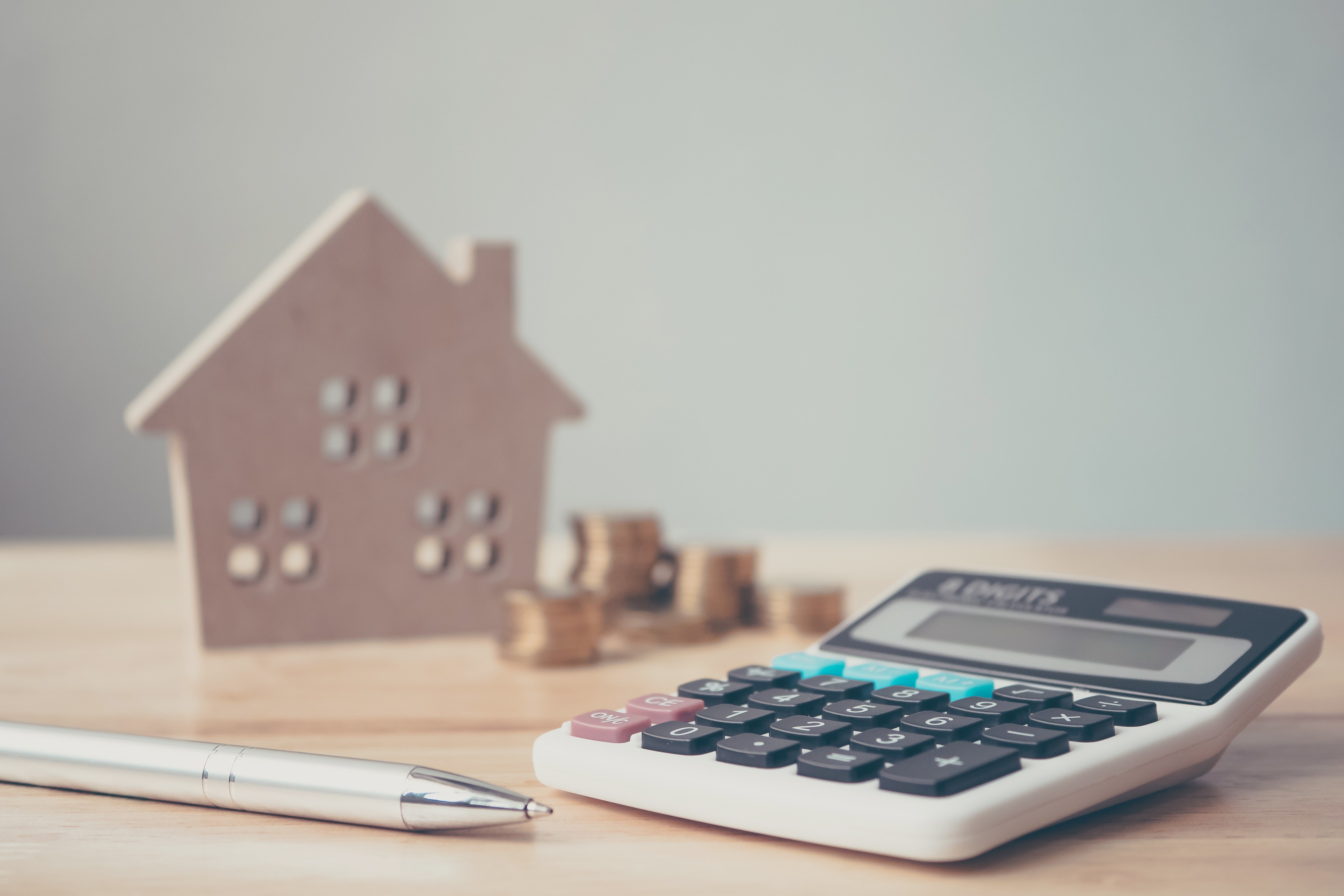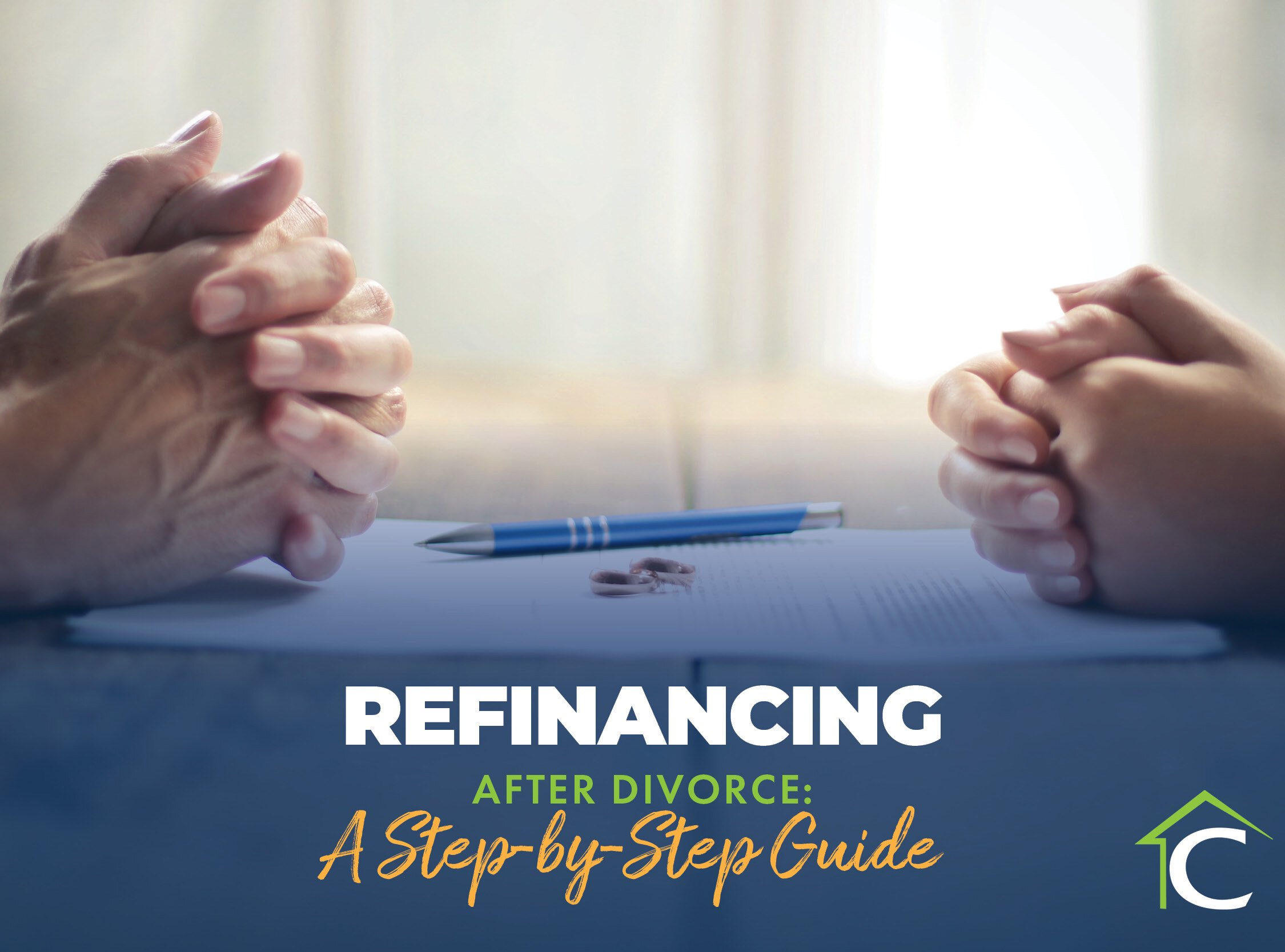
Is your home worth more than you’re currently paying for it? You can pull that extra value from your home to pay other debts with a debt consolidation mortgage. This can help you lower interest rates and improve your overall financial health.
Credit cards have notoriously high interest rates—some even exceed 20%, an amount that can have devastating effects on your ability to satisfy the debt. It’s true: Debt accrues interest, which accrues more debt. Once you’re in that cycle, it can be extremely difficult to break out and set yourself on the path to financial freedom. Home interest rates can get below 4%, so when you refinance you’re effectively lowering your interest rates by 10 percentage points or more.
The money you net from debt consolidation should be used smartly. Think about the debt that’s proving most difficult to shake—the payments that, for whatever reason, have followed you around for years and prevented you from taking those next steps in life. This is where your debt consolidation can have the greatest effect and where you can feel the benefits the most. Use the money from a debt-consolidation refinance to pay off credit cards or student loans, consolidate all monthly payments into one recurring fee, or even pay off your mortgage early. Whatever your situation, you can get relief.


Cash-out refinances are the most popular option for debt consolidation. This type of refinancing usually provides the lowest rates and longest payment terms, which results in low monthly payments. The cash-out refinance form of debt consolidation is a process that sees you take out a new loan in order to pay off other loans—whether that’s student loans, medical bills, auto loans, credit card balances, or any other credit accounts that require regular payments. The goal of the cash-out refinance is to alleviate the financial burden of the interest rates tied to these types of personal debt.
Cash-out refinance isn’t your only option for debt consolidation. The other avenue you can take to consolidate your debt is a home equity loan. This type of loan uses the homeowner’s best friend, home equity, to satisfy debt obligations. It’s a loan that’s backed by your house, but separate from your primary mortgage. Typically Home Equity loans can be the right choice if you want to keep everything separate in your finances or if you have current home mortgage terms you don’t want to touch.

Discover the top 10 must-try brunch spots in Nassau County, offering a variety of delicious dishes and unique dining experiences for every brunch lover.
Read More
Enjoy free summer events on Long Island, from street festivals to concerts, celebrating local music, food, and community spirit. Discover weekly highlights you won't want to miss!
Read More
Learn how to successfully navigate refinancing after divorce with our step-by-step guide. Protect your credit, understand options, and secure financial independence.
Read More
Learn how to buy out your ex’s share of the home after divorce with smart financing strategies, legal tips, and expert mortgage guidance.
Read More